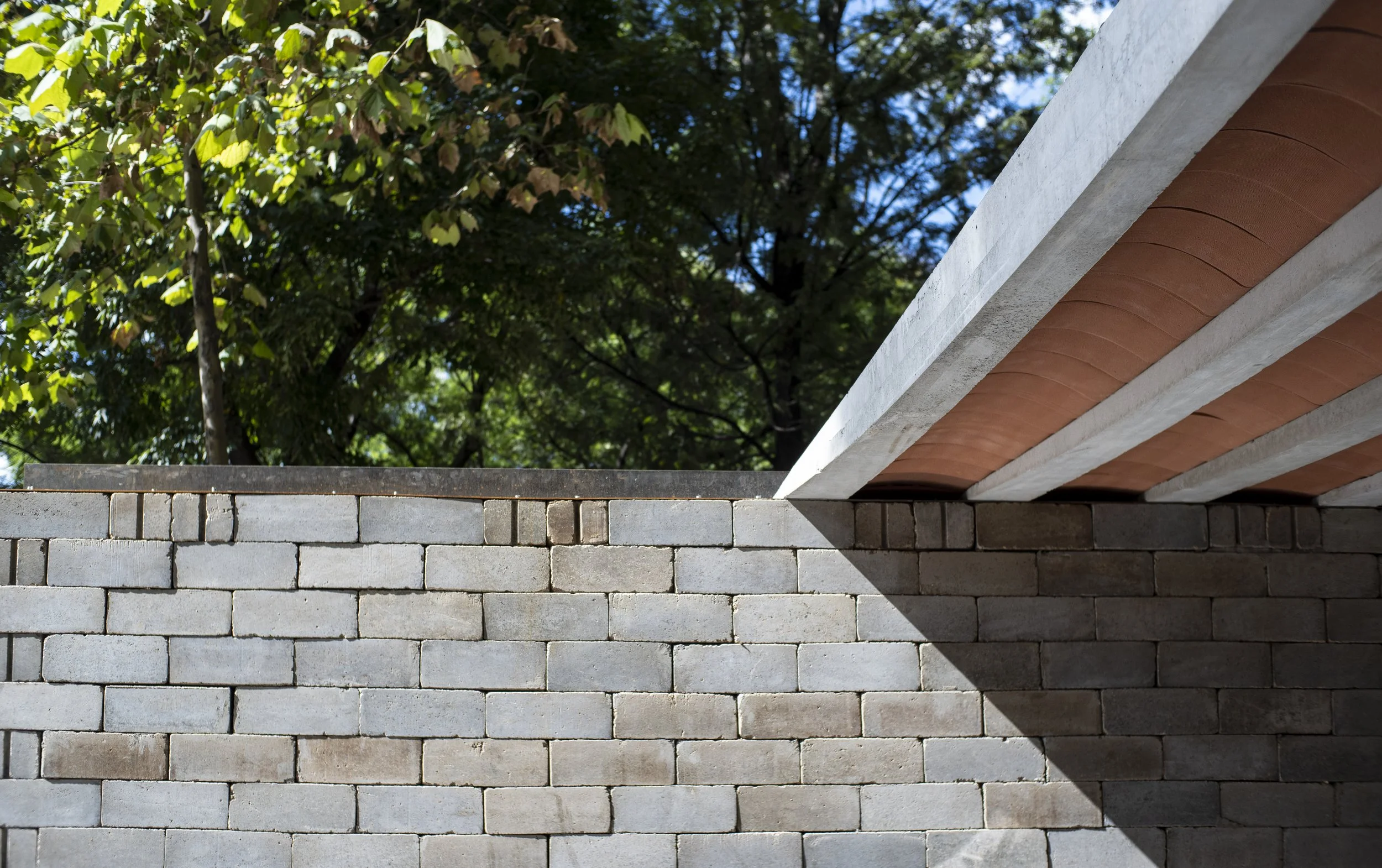
Shaping the future of sustainable construction
Forma Systems is reducing the cost and carbon footprint of concrete construction by integrating shape optimization into everyday engineering workflows
Up to 70% of the concrete in a typical building is structurally unnecessary.
FormaOpt is a generative, design-optimization software that allows manufacturers to save cost by reducing engineering time and allocating material only where it is needed. The designs are fabrication-ready and compliant with local Building Codes, including ACI 318.

Form + Materials = Forma
We are an expert team of structural engineers, architects, and builders dedicated to expanding access to high-quality, low-carbon, affordable building systems through innovation. We design and engineer high-tech tools, novel construction systems, and beautiful spaces by reimagining building forms and widely available materials such as concrete and earth.

